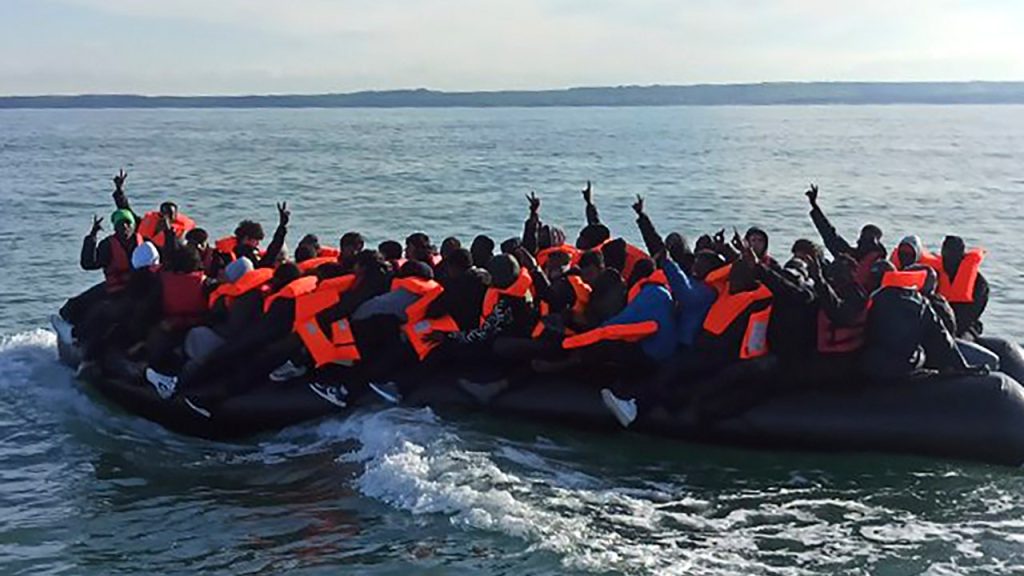Botswana’s foreign minister, Lemogang Kwape, disclosed in a recent interview that the United Kingdom had approached his country to accept what he described as their “unwanted immigrants.” However, Botswana declined the request, stating that they already had enough immigration issues of their own in the region. Kwape revealed that the U.K. had approached Botswana through diplomatic channels and mentioned Afghanistan as a country from which migrants might be moved to Botswana, although no further details were provided. This revelation came shortly after the British Parliament passed legislation to proceed with a plan to send migrants to Rwanda in East Africa, with the first flights scheduled to depart in July.
The U.K.’s plan to send migrants to Rwanda has faced strong criticism from human rights groups, as well as legal challenges and delays. The arrangement involves sending migrants who arrive in the U.K. as stowaways or in boats to Rwanda, where their asylum claims would be processed. If their claims are successful, they would be allowed to stay in Rwanda. The British government has already paid Rwanda a significant sum of money, amounting to at least $298 million, for the implementation of this asylum plan, despite the fact that no migrants have been deported yet. The plan is part of Prime Minister Rishi Sunak’s efforts to address the issue of migrants crossing the English Channel in small boats with the hope of seeking asylum in the U.K.
Following the passing of the legislation in the British Parliament, reports emerged that the U.K. government had engaged in discussions with four additional countries – Armenia, Costa Rica, Ivory Coast, and Botswana – to explore the possibility of replicating the Rwanda plan. Kwape confirmed that his country had been approached by British authorities, but ultimately chose not to accept the proposal due to their existing challenges with immigration in the region. He emphasized that Botswana faced enough problems of its own and that accepting unwanted immigrants from another country would be unfair to Botswana. Kwape’s remarks underscore the complex and divisive nature of immigration policies and practices, as well as the ethical considerations that governments around the world must grapple with when addressing global migration issues.
The decision by Botswana to reject the U.K.’s request reflects a larger trend of countries facing increased pressure to manage migration flows and address the humanitarian and political implications of global migration patterns. The issue of asylum seeking, stowaways, and irregular migration poses significant challenges for nations, particularly those in close proximity to regions experiencing conflict, instability, and economic hardship. The U.K.’s initiative to outsource its immigration controls to countries like Rwanda raises important questions about the responsibilities of wealthy nations in providing protection and support to displaced individuals and the potential risks and consequences of shifting migration management to external partners.
As the U.K.’s plan to send migrants to Rwanda moves forward, it is crucial for governments, human rights organizations, and civil society actors to closely monitor the implementation of this controversial policy and assess its impact on migrants, asylum seekers, and local communities in Rwanda and other countries involved in these arrangements. While governments seek to address the complex challenges posed by irregular migration and asylum seeking, it is essential that human rights principles, international legal standards, and ethical considerations remain central to decision-making processes and policy formulation. The ongoing debates and discussions surrounding migration and asylum policies highlight the need for greater international cooperation, solidarity, and respect for human dignity in addressing the interconnected and multifaceted issues related to global migration.


